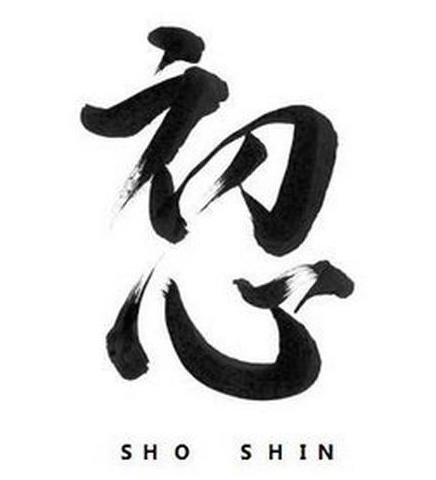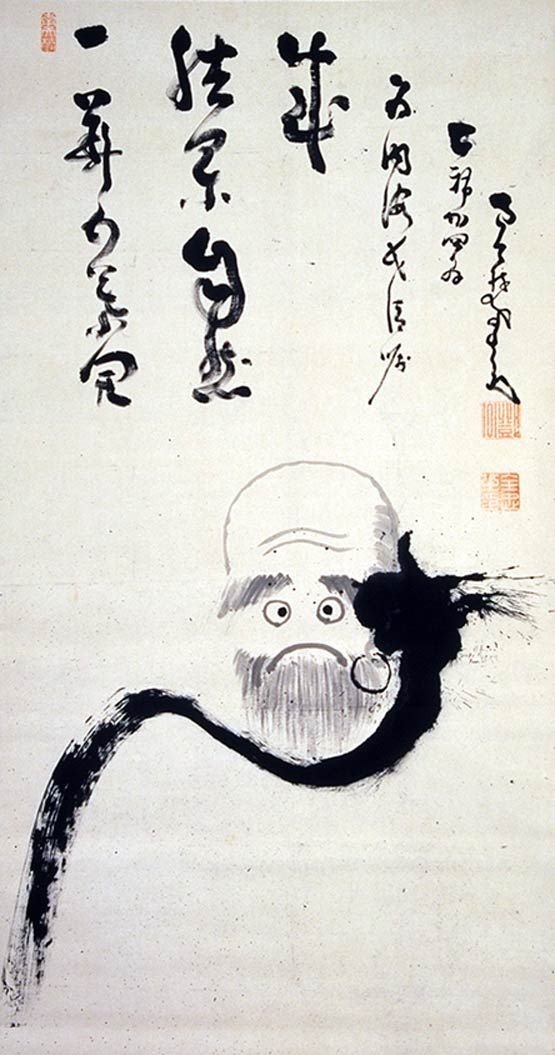Beginner's Mind - Use your inner child for a deeper experience
“In the beginner’s mind there are many possibilities, but in the expert’s there are few”
Not many techniques have helped me live better as a human - I've been winging it the whole time to be honest.
However, I have still attributed much of my happiness and energy to this one position - - dropping ideas about things to better learn about them.

"Shoshin is a concept in Zen meaning "beginner's mind". It refers to having an attitude of openness, eagerness, and lack of preconceptions when studying a subject, even when studying at an advanced level, just as a beginner in that subject would."
disclaimer: I'll be drawing on ancient texts and some religious material dating back to 300CE, the terminology may sound odd, but we must remember context and cultural differences!
If you've been around meditation groups, listened to a spirituality podcast, or involved yourself even slightly with someone interested in mindfulness, you might think a few things -
- Silencing the mind is some sort of important ritual for these people
- Through silencing their mind, they can reach some type of happiness
In this article, I'll address these preconceptions, as well as go in-depth into what Beginners Mind is for me.
Let's go back to pre-school
Can you remember that far back? Seems a lifetime ago.. well it is actually.. Nostagia - wonder - and not a hint of social anxiety within those memories at all. What was special about that time where I cannot remember hardships or struggle, but only come up with playful, colorful memory images, FILLED with laughter.
I was lucky enough to have a stable childhood, and a school that allowed me ample time and space to play. I feel my childhood memories are important to draw lessons from.
The unique thing about childhood is that you don't really know the world around you, but you go through it anyway. There is a trust that happens as a consequence of not knowing.
Here's an interesting case:
Attention! Master Dizang asked Fayan, “Where have you come from?”
“I pilgrimage aimlessly,” replied Fayan.
“What is the matter of your pilgrimage?” asked Dizang.
“I don't know'” replied Fayan.
“Not knowing is the most intimate,” remarked Dizang.
At that, Fayan experienced great enlightenment.
Not Knowing
So what is this "not knowing"? It really seems to be mysterious, considering Fayan has become enlightened!
Well, despite all the Zen cases ending with "This monk became enlightened," there really isn't anything special about not knowing.
You probably could have figured that out, but what's important here is the cause and effect of emptying your mind.
When you relieve your ideas about something, space opens.
You can learn much more efficiently if you don't have a bunch of heavy ideas stuck in your mind,

The same dynamic is observed when people exit a meditation room after a lengthy sesshin - eyes wide and bright, words have more meaning and the sound of the birds is deeply satisfying.
There is something important that happens when we have clear minds.
I've noticed that when I clear the mind, and let it rest fully until it feels like starting up again, suddenly I have a more acute taste for my thoughts. Either I'm enjoying my thoughts more, and find more depth to them, OR I am willing myself to have more interesting thoughts that align with my current mood.
Many questions will rise while being mindful of yourself, but again, these are things to be felt, and dropped.
"Japanese master Nan-in gave audience to a professor of philosophy. Serving tea, Nan-in filled his visitor's cup, and kept pouring. The professor watched the overflow until he could restrain himself no longer: "Stop! The cup is over full, no more will go in." Nan-in said: "Like this cup, you are full of your own opinions and speculations. How can I show you Zen unless you first empty your cup."
You
You have skills, attributes to your character that make you admirable in certain ways. These skills aid you in supporting yourself and those around you, or maybe they are a side hobby with not much result.
Whichever you feel skilled at, this has become apart of your character, your self-identity.
Here's a good question: Does your perception of your skill effect your skill level?
Does an electrician need to see himself as a great electrician in order to perform the job well?
Would a barista need to have a positive self-image in order to make a great cup of coffee?
Well.. judging by the amount of depressed baristas I've met, and horrible yet pompous electricians, I would say the only thing you need to do a good job is experience.
When you learn with a Beginner's Mind, experience can be much more fruitful.
We have this amazing ability to change what we are to ourselves. Some find difficulty in using this to their advantage, and that is their own path.
But I'd like to point out something that is becoming increasingly important to remember in today's climate -
Because who we are is always changing, there is nothing to hold onto except that which we choose.
The self is illusion.
"Sure.. sure.. I've heard that a million times.. But here I am!" (and I'm glad you're here ;) )
Look at a river, it is always changing, but still, people will come and gather water, swim and play. Do they know the river, even if it is always changing?
I would say that they know their own idea of the river, but the river itself changes before their ideas of it can catch up.
Through this example, we can see how knowing the world is really an exercise in knowing yourself.

that's you there
Time to trust yourself
So, let's get this straight:
Beginner's Mind is a mental position one can take at anytime, relieving all ideas about things as a means to absorb a deeper learning experience.
We can draw on memories from childhood as a way to remember how it feels to not know the world, this will help us to know the world better, today.
Your perception of your own skills do not directly influence your skill-level, and in some cases can work against you.
What it is that you think you know, it has already changed.
These points have been pillars of relief for me, but it's taken me some time to integrate this approach into my every day life. Sometimes, I had to fake it, and while being explained things, whether at work or school, I would hold my tongue and think dirty thoughts O.O.
It's okay to think though, and we must be careful to not shame ourselves for experiencing our own nature.
The biggest helping hand is knowing what it actually means to trust yourself.
We usually use trust to mean that we believe something will happen a certain way.
The type of trust we use with Beginner's Mind means that, whichever way it happens, you know you will make it through.
How do you know this? Go by direct experience (as always)
"When have I ever not made it through?"
Closing poem/thoughts
Through thick and thin,
one thing remains
the vacuum of experience
a cloud in the rain
fooled by thoughts
and ghosts gone by
"knowledge is truth"
is the biggest of lies
forget the follies
or whatever you choose
the great fire of doubt
will burn everything but you
- claritypavilion